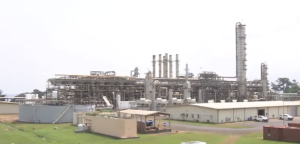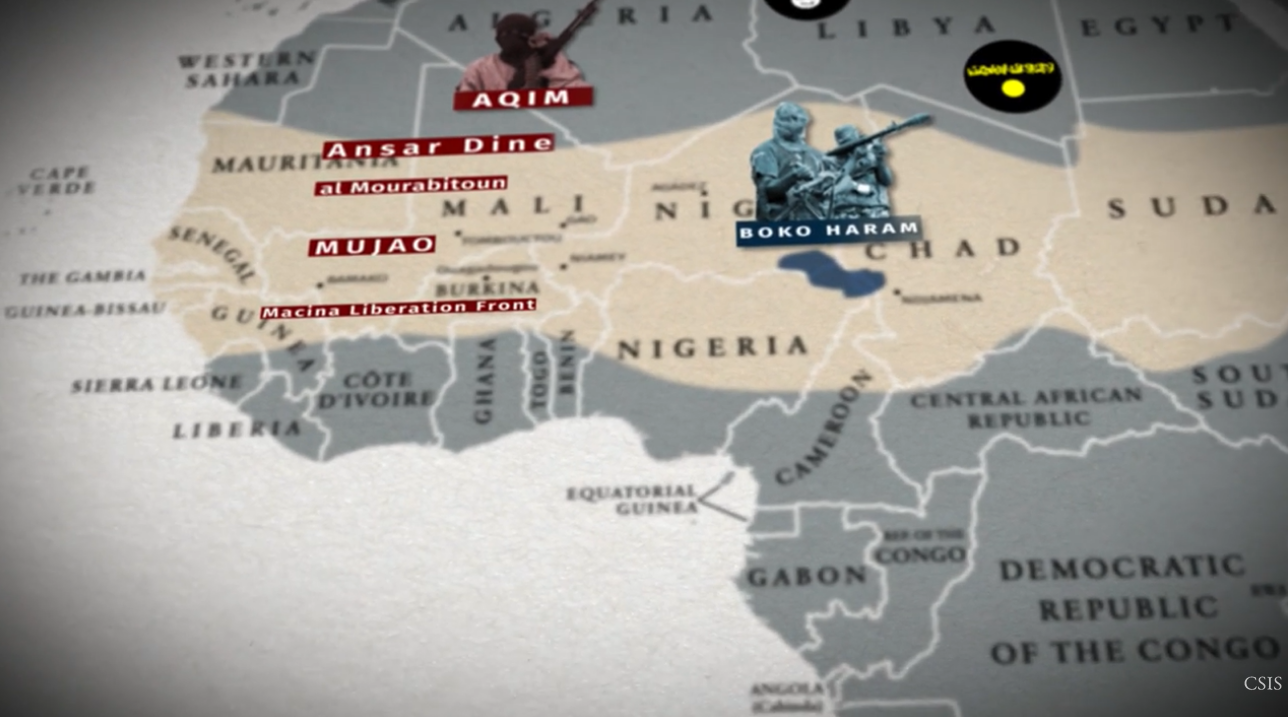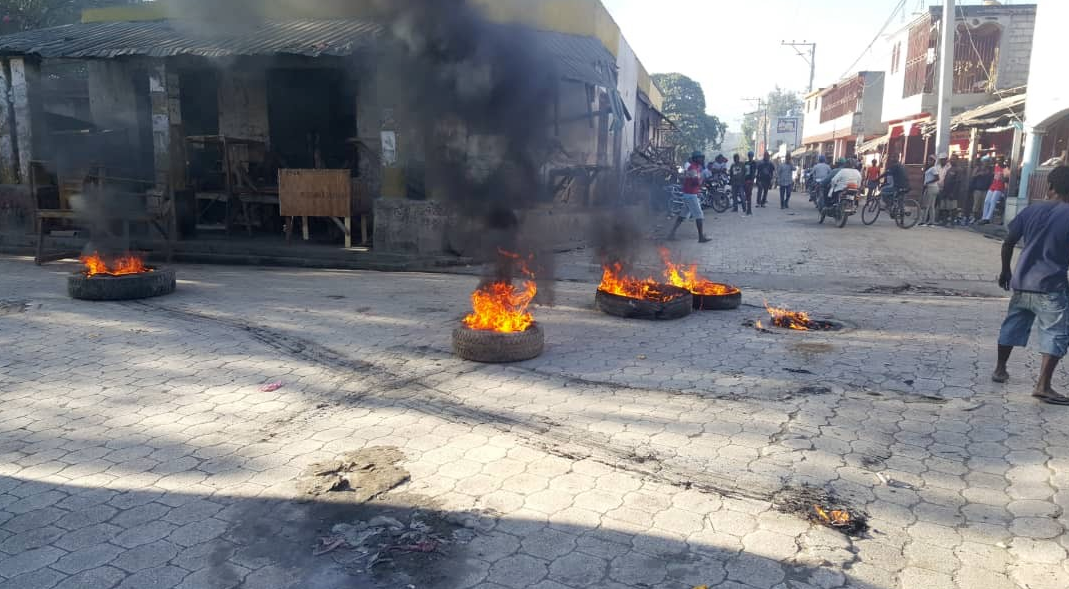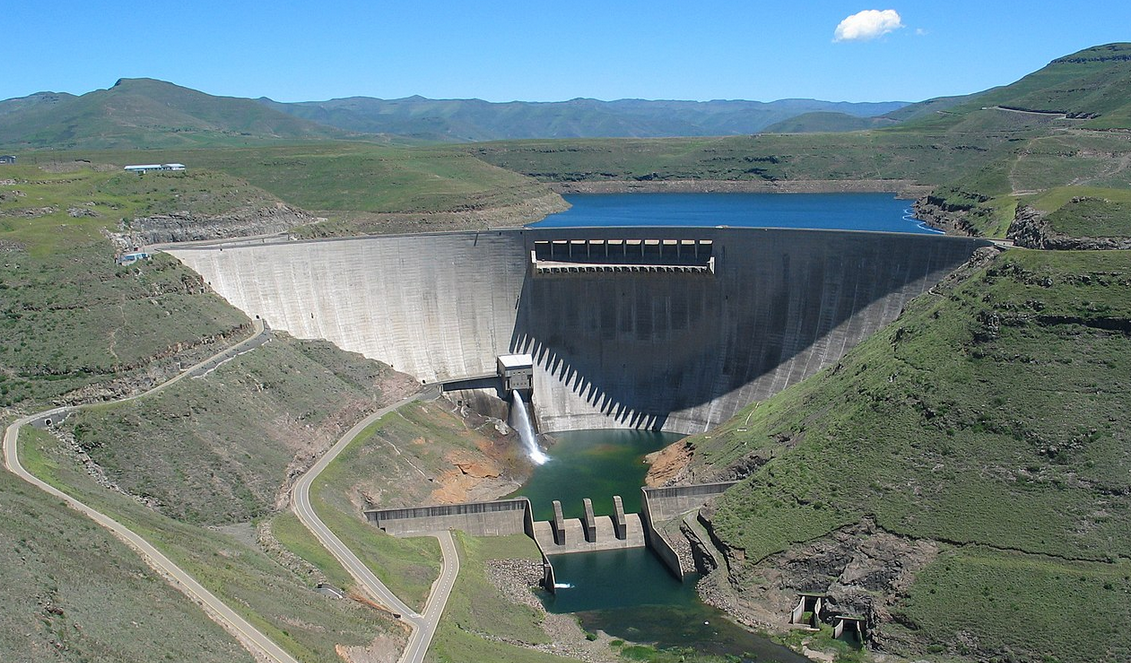Photo: YouTube Screenshots
June 12, 2023 (GIN) – Declining profits from oil and gas production may no longer be sufficient to cover up weaknesses in African economies, including surging food prices, high rates of food insecurity particularly among the rural population, and corruption.

With its once abundant oil fields, Equatorial Guinea, the third richest country in Africa, had a per capita income of over $8,000. Now, poverty in Equatorial Guinea is among the highest in the world. More than 70% of Equatorial Guinea’s population lives in poverty. Child poverty is also among the highest in the world.
Despite abundant natural resources—especially oil and gas—and the billions of dollars these resources bring in, the country is marked by chronic hunger, a crumbling education system, frequent blackouts, poor sanitation, and disease.
With the exit of ExxonMobil due to safety issues, the country’s aged Zafiro offshore oil and gas production unit will need a $3 billion revamp when it is transferred to state-owned GEPetrol by 2025.
Recent visitors from the International Monetary Fund (IMF) to Equatorial Guinea cited more trouble on the horizon for this once oil-rich country.
When the IMF visit ended this month, representative Mesmin Koulet-Vickot observed: “…It is critical to …continue with governance reforms to increase transparency and making further progress in anti-corruption legislation.”
Anti-corruption efforts expected of the government but not carried out were identified by Transparency International (TI) – a global movement working in over 100 countries to end the injustice of corruption by promoting transparency, accountability and integrity.
“While the government audited some minor state owned companies that have surfaced as centers for corruption scandals… there is still no commitment to publish audits of national oil companies such as GEPETROL or SONAGAS,” TI noted.
“The anti-corruption plan also required the country to apply to become a member of to the Extractives Industries Transparency Initiative, however, this process continues to be blocked since 2010 due to shrinking space for civil society among other causes.”
Tutu Alicante, executive director of EG Justice, a group promoting human rights, transparency and civic participation to build a just Equatorial Guinea, added: “The economic reform program signed with the IMF represents a great opportunity, but it is clear that without the active involvement and monitoring of civil society organizations, the path for establishing Equatorial Guinea’s lasting and verifiable commitment to good governance, human rights and the fight against corruption is destined to fail.”
Source: Global Information Network







